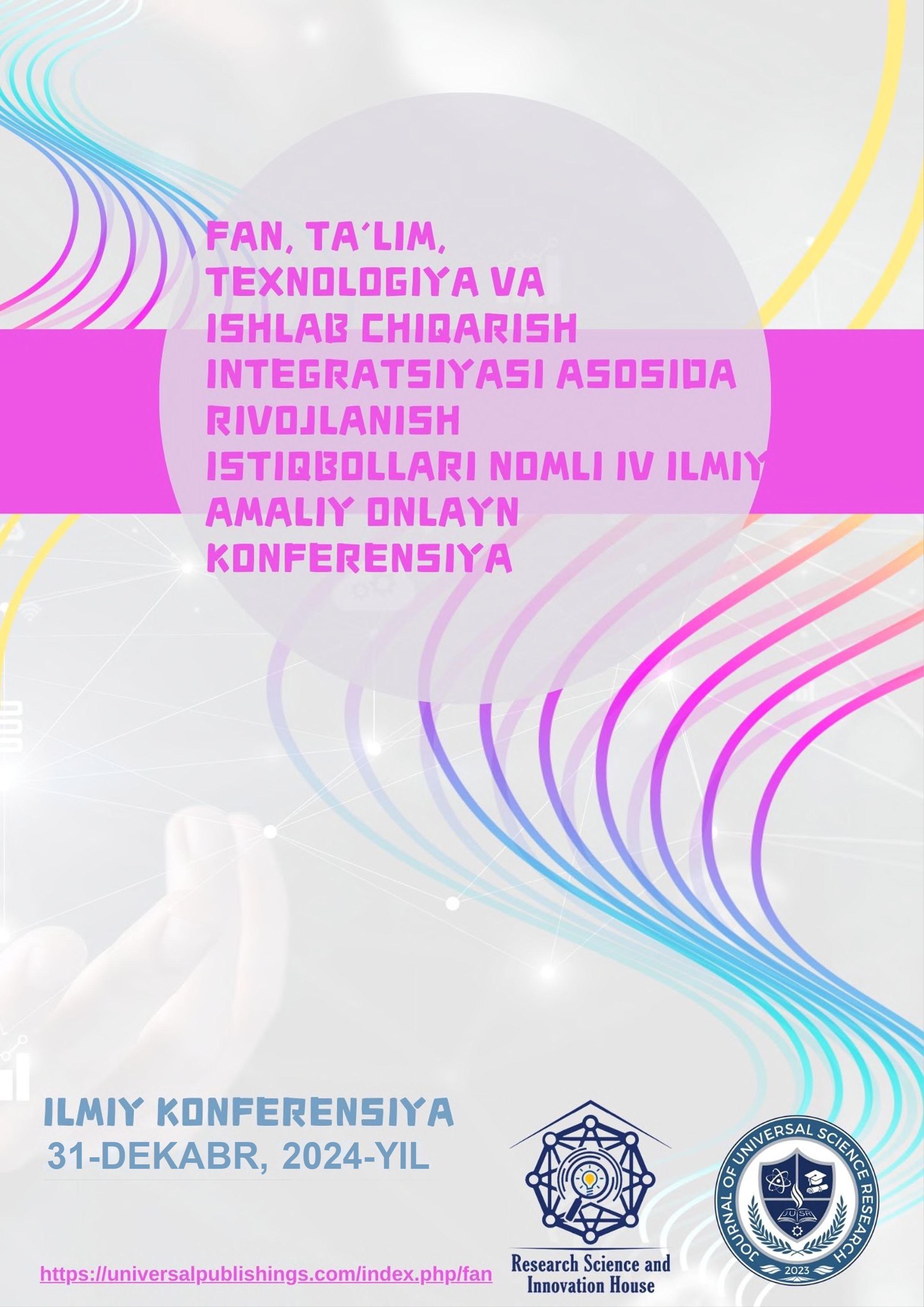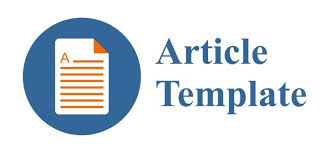THE ROLE OF DICTIONARIES IN TRACKING AND INFLUENCING LANGUAGE CHANGE
Keywords:
dictionaries, language change, lexicography, neologisms, language documentation, linguistic evolution, lexicon.Abstract
Language is in constant flux, shaped by societal shifts,
technological advancements, and cultural interactions. Dictionaries play a crucial role
in documenting and sometimes influencing these changes. This paper explores how
dictionaries capture language evolution, from recording new words and meanings to
retiring obsolete terms. By examining the lexicographical processes behind dictionary
creation and updates, this study highlights dictionaries as essential tools for
understanding linguistic shifts, preserving language history, and guiding language use.
Through an analysis of contemporary and historical dictionaries, this article
underscores the importance of lexicography in reflecting and guiding language
development.
References
1. Aitchison, J. (2001). Language Change: Progress or Decay? Cambridge
University Press.
2. Simpson, J. A., & Weiner, E. S. C. (1989). The Oxford English Dictionary
(OED). Oxford University Press.
3. Landau, S. I. (2001). Dictionaries: The Art and Craft of Lexicography.
Cambridge University Press.
4. McKean, E. (2005). The Oxford Essential Guide to Lexicography. Oxford
University Press.
5. Jackson, H. (2002). Lexicography: An Introduction. Routledge.
6. Tolibovna A. K. et al. Features Of Anthropocentric Study Of Sacred Texts
//Open Access Repository. – 2022. – Т. 8. – №. 1. – С. 5-10.
7. Tolibovna A. K. et al. Functions of Allusion and Allusion as a Marker of
Intertextuality and Precedence //European Multidisciplinary Journal of
Modern Science. – 2022. – Т. 6. – С. 485-487



